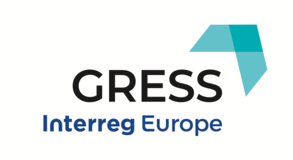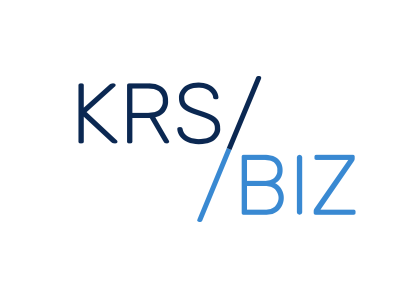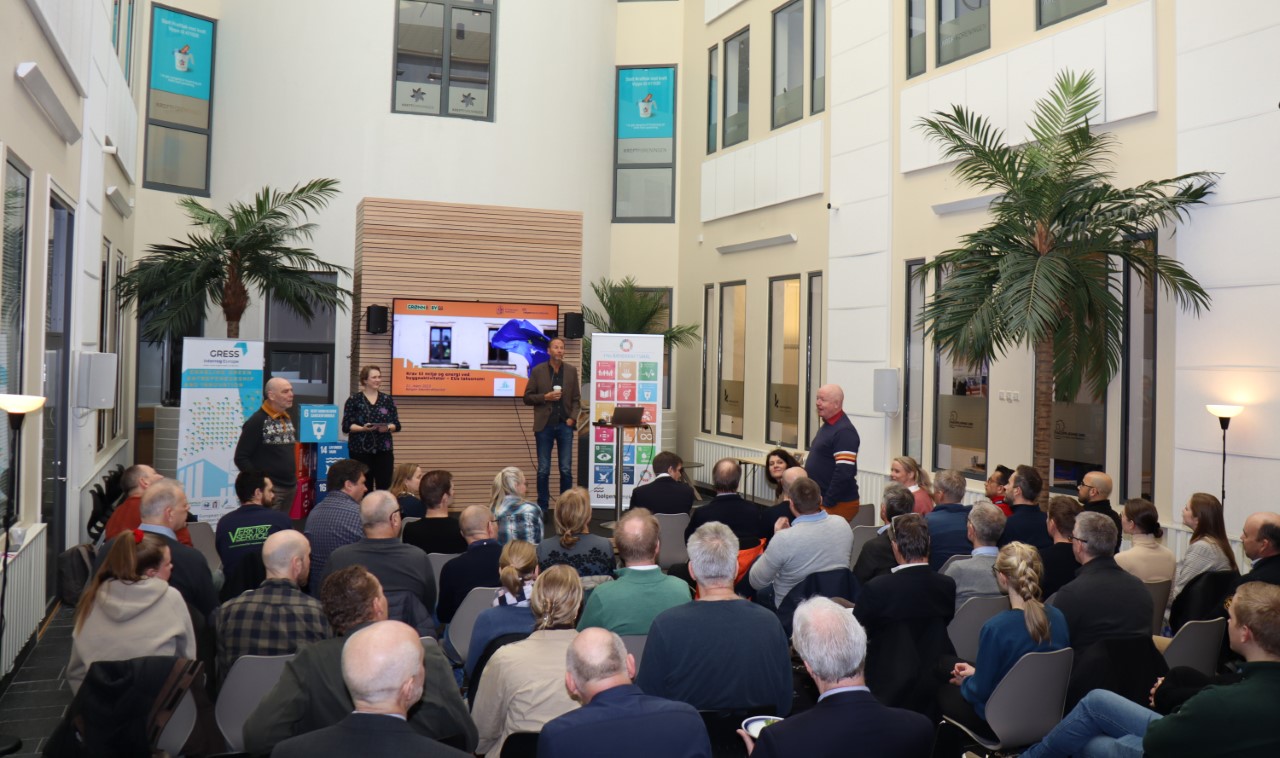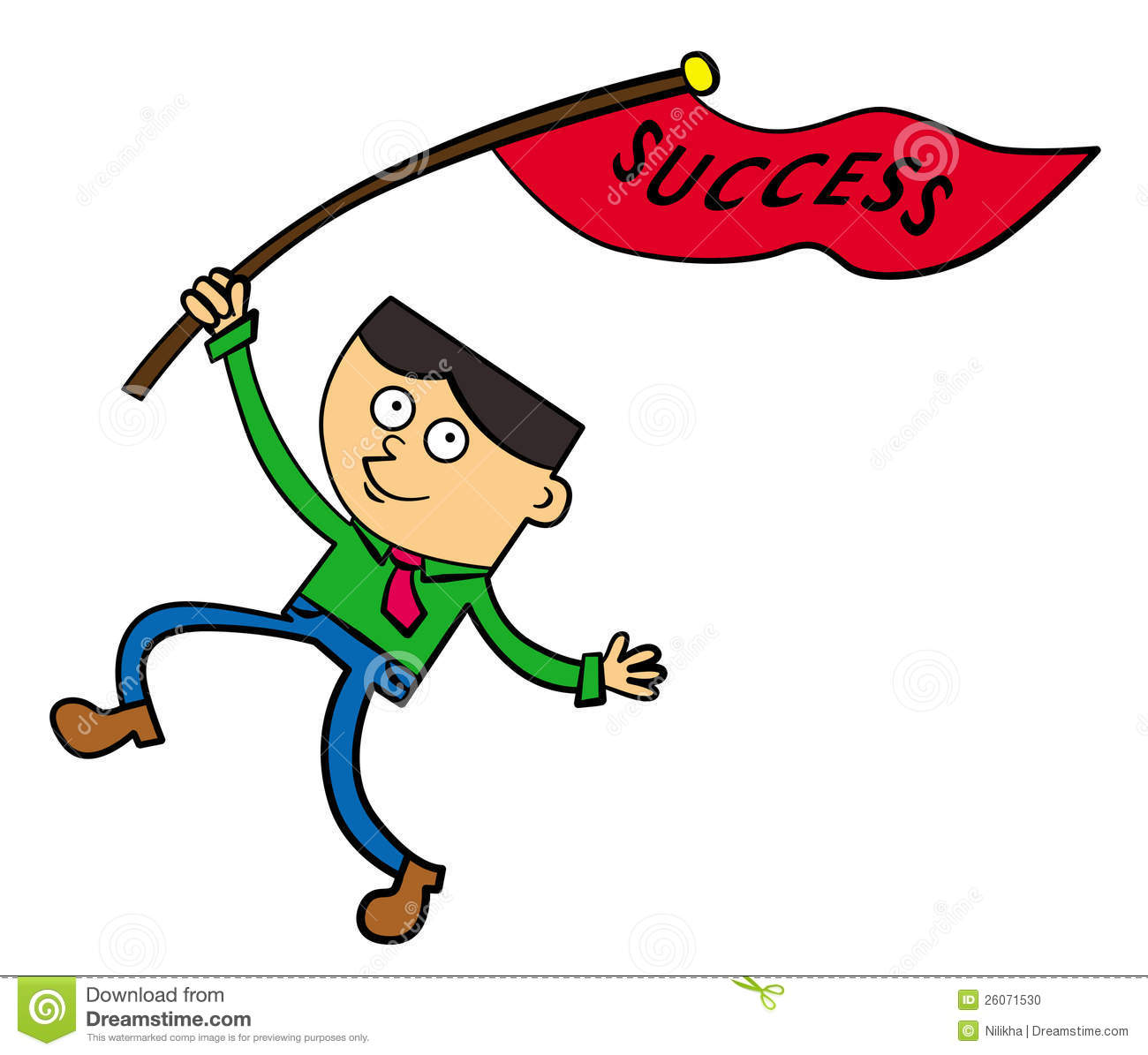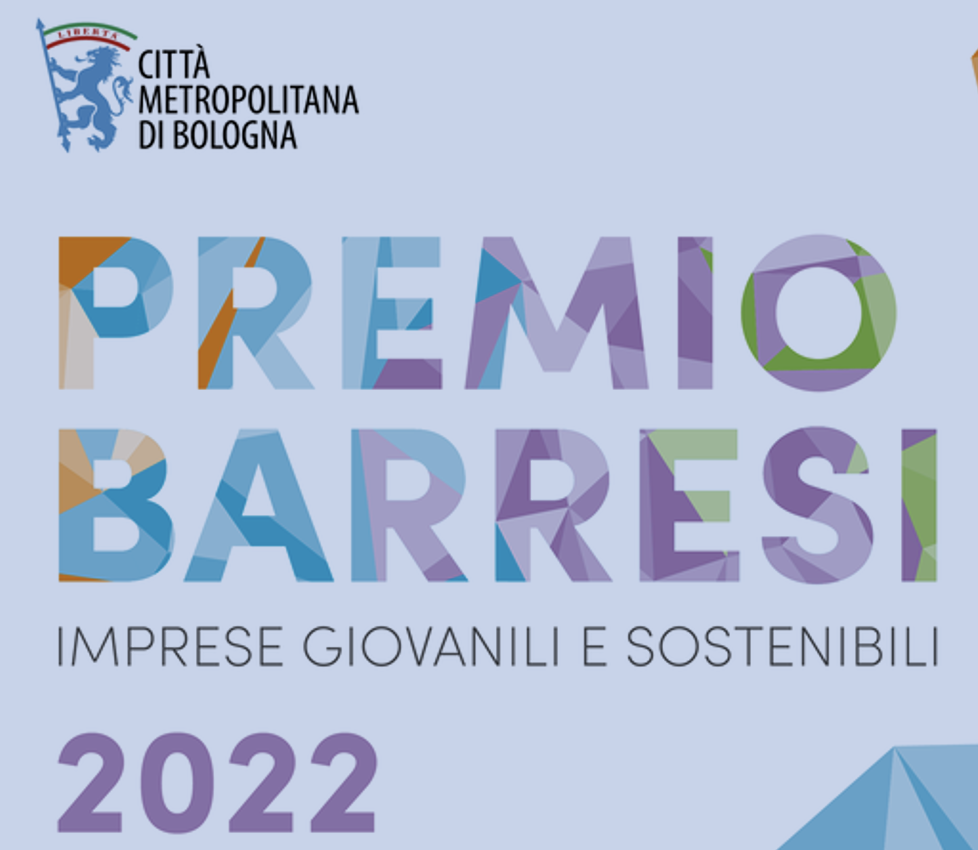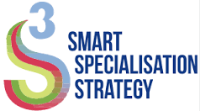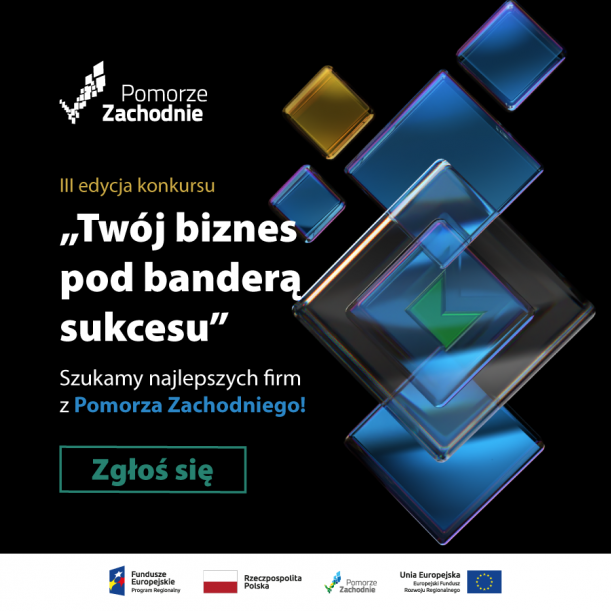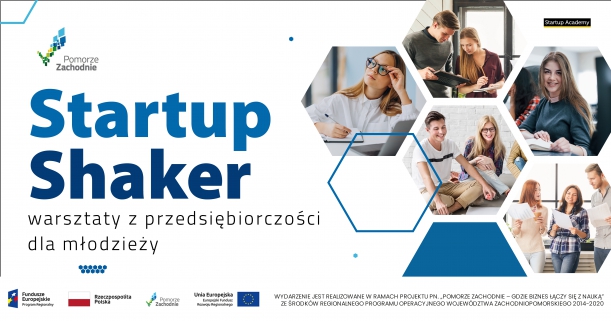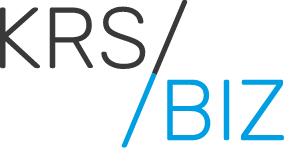Cleantech Bulgaria and EIT Climate KIC nurture the uptake of Circular Economy in the national strategic priorities
The GRESS project partner, Cleantech Bulgaria, has supported the Bulgarian government for the uptake of the Circular Economy in the national strategic priorities.
As EIT Climate KIC manager, Cleantech Bulgaria started the Deep Demonstration on Circular Economic project in Bulgaria.
The project is part of the first wave of Deep demonstrations funded under EIT Climate-KIC’s comprehensive portfolio of projects.
Defining a long-term pathway and secure cross-ministerial engagement
The ultimate goal was to define the long-term pathway for introducing systemic solutions for the circular and regenerative economy.
To secure comprehensive cross-ministerial engagement, Cleantech Bulgaria established an inter-ministerial working group on Circular Economic, comprising experts from six ministries.
The group met quarterly and held a series of meeting defining different aspects of the circular transition in the country.
A holistic and collaborative approach
As part of the intent phase in 2019, Cleantech Bulgaria depicted the policy-mix on Circular Economy in the country, including existing supporting instruments, gaps and potential cross-ministerial areas for cooperation.
Based on the data acquired, the national authorities agreed to address the Circular Economy through a holistic and collaborative approach.
The second stage
In 2020, within the second stage, the Deep Demonstration project pooled the expertise from strategic players and set out a clear agenda.
The strategic players represented the following groups: recycling companies, industrial innovation clusters and start-up ecosystem. All stakeholders underlined the critical role of the National Government in enabling the collaboration among the different actors for deploying Circular Economy through policy measures.
Essential potential connections were outlined as most promising for putting the Circular Economy in action; among these were the connection from recycling to production companies with the enabling role of the financial sector and the availability of infrastructure at the disposal of clusters to kick-start innovation.
Startup-support
Start-up companies indicated the need to develop a more robust network for supporting training, knowledge and access to infrastructure and regulatory framework that could act as a lever for a transition to the Circular Economy.
This intensive process with the support of Cleantech Bulgaria resulted in aligning the vision of including circular Economy as a priority on a high political and operational level.
Circular Economy as part of the Smart Specialization strategy
The Circular Economic is now included in the Innovation Strategy for Smart Specialization 2021-2027, identified as a horizontal and vertical priority area “Clean technology, circular and low-carbon economy” for all NUTS3 regions.
